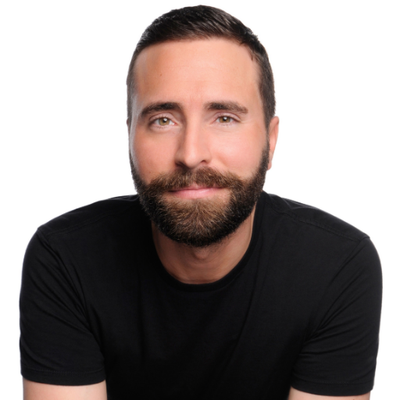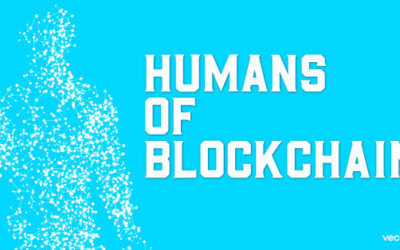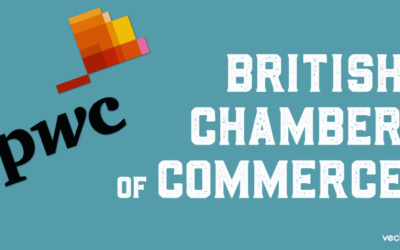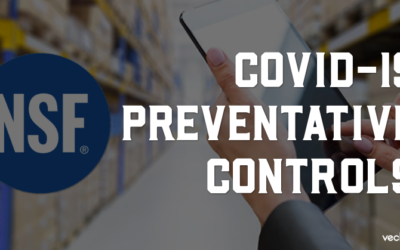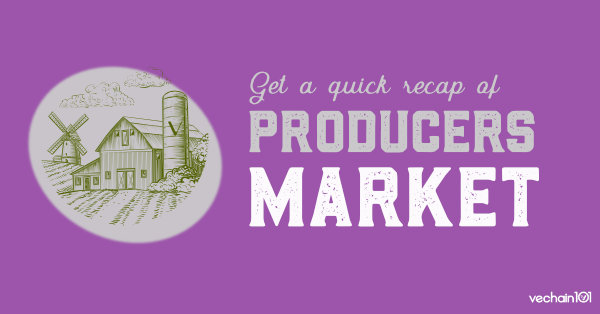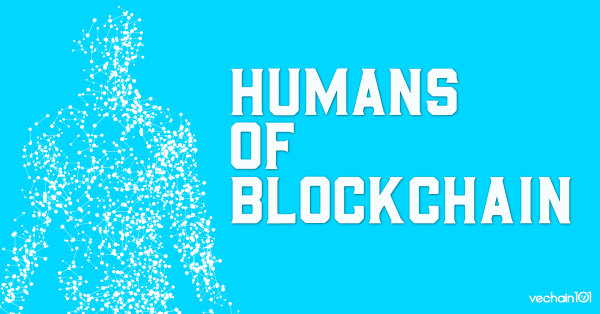
Humans of Blockchain: Jason Rockwood
Humans of Blockchain is our initiative to highlight the human side of the industry and showcase blockchain professionals around the world. The goal is to get to know the people pushing blockchain forward better and understand them at a personal level. Our previous post in the series was on Crypto_Ed_NL.
Jason Rockwood is VeChain’s Americas General Manager. He oversees VeChain’s business development and operations in the Americas and was previously Chief Information Officer (CIO) of Oasis Collections and Vice President of Mobile Strategy & Innovation of the Miami Heat; where he became the de facto CIO.
Having worked in a wide range of industries including in sports, hospitality and fashion, Jason has extensive experience in project management, strategy and digital transformation.
In this episode, he shares how he got into blockchain, how he sees the industry evolving and how his past experiences help him understand and overcome the challenges businesses face when adopting new technology like blockchain.
Tell us about yourself and how you got into blockchain?
A little about me: I’m the General Manager of VeChain USA Inc., which means that I oversee the North and South American markets; including LatAm, the USA, and Canada.
My career started when I graduated from MIT and started working in digital advertising, specifically social media. I did some really cool stuff that I’m proud of, such as helping launch the Facebook and YouTube pages for Walmart. After working in digital strategy, I ended up pivoting into enterprise IT and led innovation for the Miami HEAT and then became CIO of a home sharing startup called Oasis. I live in Miami and California with my husband, Dev.
I first got into blockchain via Bitcoin, waaay back in 2011. I bought my first bitcoin at only $10! Unfortunately I sold the top—$100! I missed the boat on Ethereum; was acquiring $XRP in 2013 when it was only $0.00001 but lost my password… Needless to say I’ve made a lot of mistakes along the way, but VeChain wasn’t one of them!
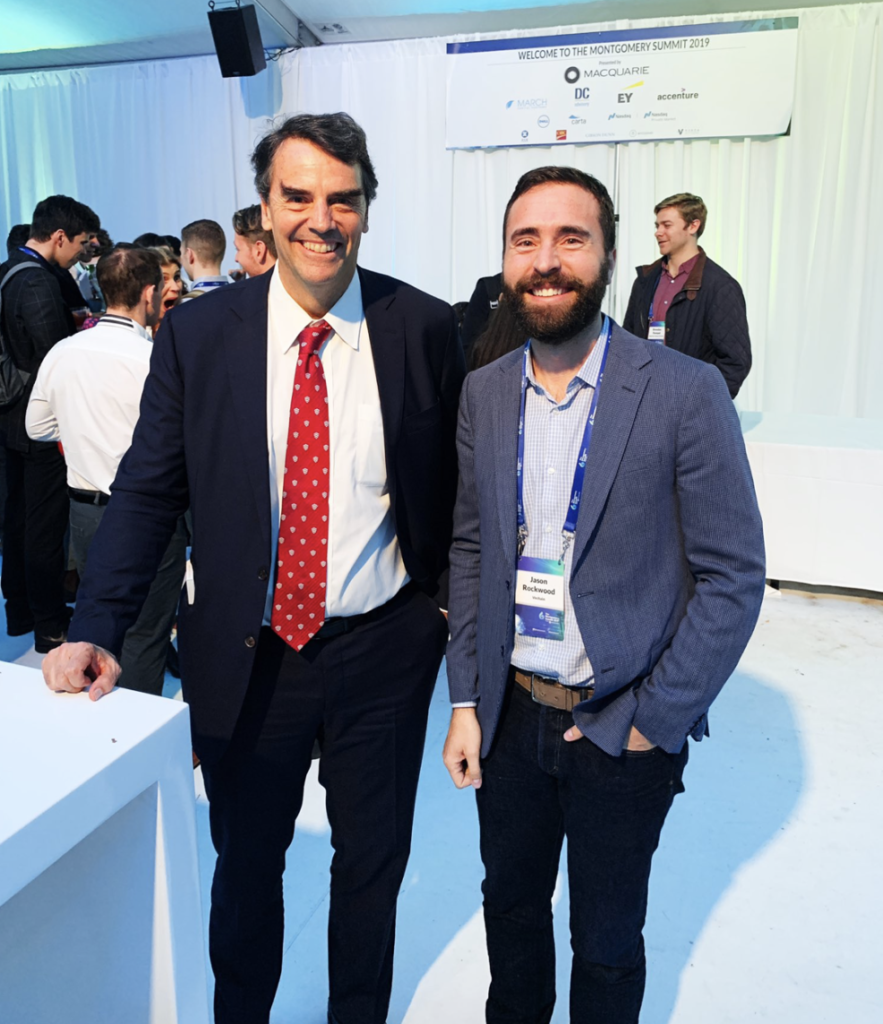
Jason with American venture capital investor Tim Draper
How and when did you learn about VeChain? What was your first meeting with Sunny and the team like?
Because of my background as a CIO, I was getting exposed to a lot of the enterprise blockchain conversations happening in 2017, just as the bull run started happening. I started to take the tech seriously and began researching good projects. I got back into the market right around November, and then found VeChain in December, right before the “rebrand”.
I went all in on VeChain because it was the only project I had come across (and pretty much still the only project I have come across) that met my standards as a CIO. Meeting Sunny for the first time, at a speaking engagement at Harvard, I knew I had made the right decision to be involved. The vision, dedication, and professionalism of Sunny and the team are world-class. I started working for VeChain full time as GM VeChain USA about a year after meeting Sunny for the first time.
You’ve previously worked as a consultant and strategist in a wide range of industries; from apparel (Luxottica) and advertising (Havas Media Group) to sports (Miami Heat) and hospitality (Oasis Collections). How have these experiences helped you with your work at VeChain?
My role as a GM is very diverse. My experiences in digital strategy inform my work in new business development and sales; my experience as a CIO at Oasis and the HEAT helps me speak the language of business with my customers. I know their challenges because I’ve lived them. It also helps me understand and appreciate the long sales cycles; I’ve been on the other side. I think these experiences make me a very understanding and collaborative partner.
What has your first year at VeChain been like? What has surprised you the most and what has been the biggest challenge in your transition?
I started at VeChain in January 2019, so we are a few months shy of two full years. It’s hard to believe how fast time has gone. And really, I spent almost all of 2018 working for VeChain informally so for me, I consider myself three years in. That being said, working for VeChain is everything I wanted it to be. I love the team!
The people who work for VeChain are passionate, visionary, dedicated and smart. It’s truly a group of people I respect immensely and I’m so grateful to be a part of this. One of my favorite things about working with VeChain is the sheer variety of clients I talk to in the course of a day. Anyone can use ToolChain, so in the course of a day I’m speaking (for example) to seafood companies, cannabis companies, fashion brands, consulting agencies, etc. It’s incredibly diverse! I never get bored in my job. As far as challenges go, I’d say the hardest part is the time difference. As I’m now on the West Coast, I have a lot of 6AM calls.
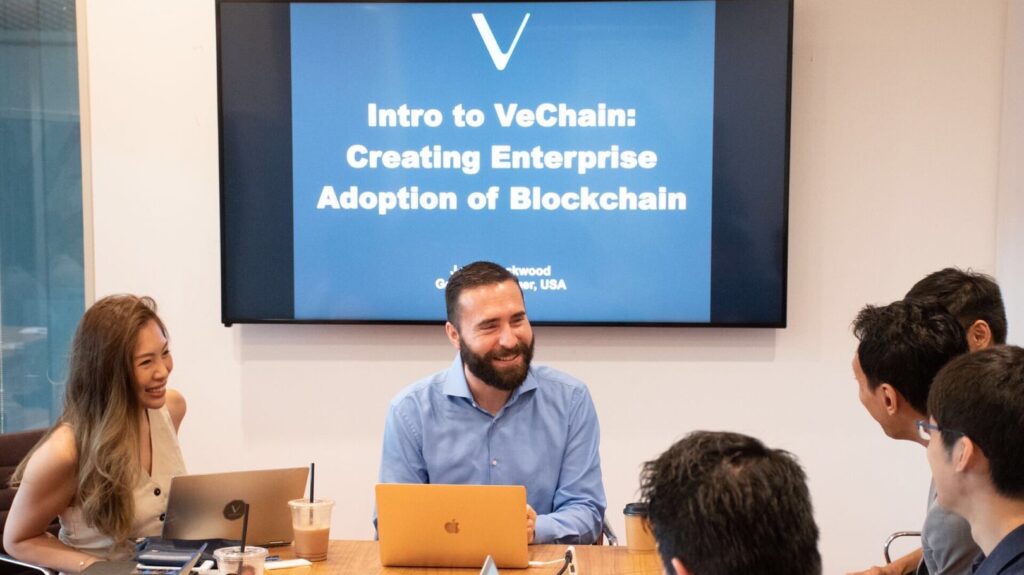
Jason Rockwood and Sarah Nabaa presenting at LongHash
You were Vice President and de facto CIO of the Miami Heat. Can you share anything about your responsibilities and experience? Do you have any funny/interesting anecdotes?
I’ve been lucky to have had some incredible jobs and teammates over the years, and certainly the HEAT was near the top. In that role I helped the business make decisions about enterprise technology and strategy for the business and the Arena.
My core responsibilities included decision making around the mobile app, our e-commerce store, enterprise software, and in-arena Wi-Fi. It gave me a wide breadth and depth of experience in understanding the needs of enterprise customers. It also helped me understand VeChain CEO Sunny LU – himself a former CIO. I was attracted to VeChain because the CEO was a former CIO. I knew he would put technology as an enterprise enabler, rather than simply build technology for technology’s sake. My work at the HEAT and at Oasis makes a big difference in my ability to speak about enterprise tech to business stakeholders at all levels
What is your biggest strength?
Optimism.
In a recent photo on Twitter, you were shown at a lake in California with your dog. Can you explain the transition from living in Miami to California, and which lifestyle you prefer?
I was in Shanghai back in January of 2020, so I knew early on how big of a deal COVID-19 was going to be. In early March I went out to California to be in a remote area where I could easily get fresh and comfortably social distance. Fishing on Sardine Lake was one of those amazing moments of being outdoors that wouldn’t have been possible in Miami. That being said, I look forward to the pandemic ending so I can go back home.
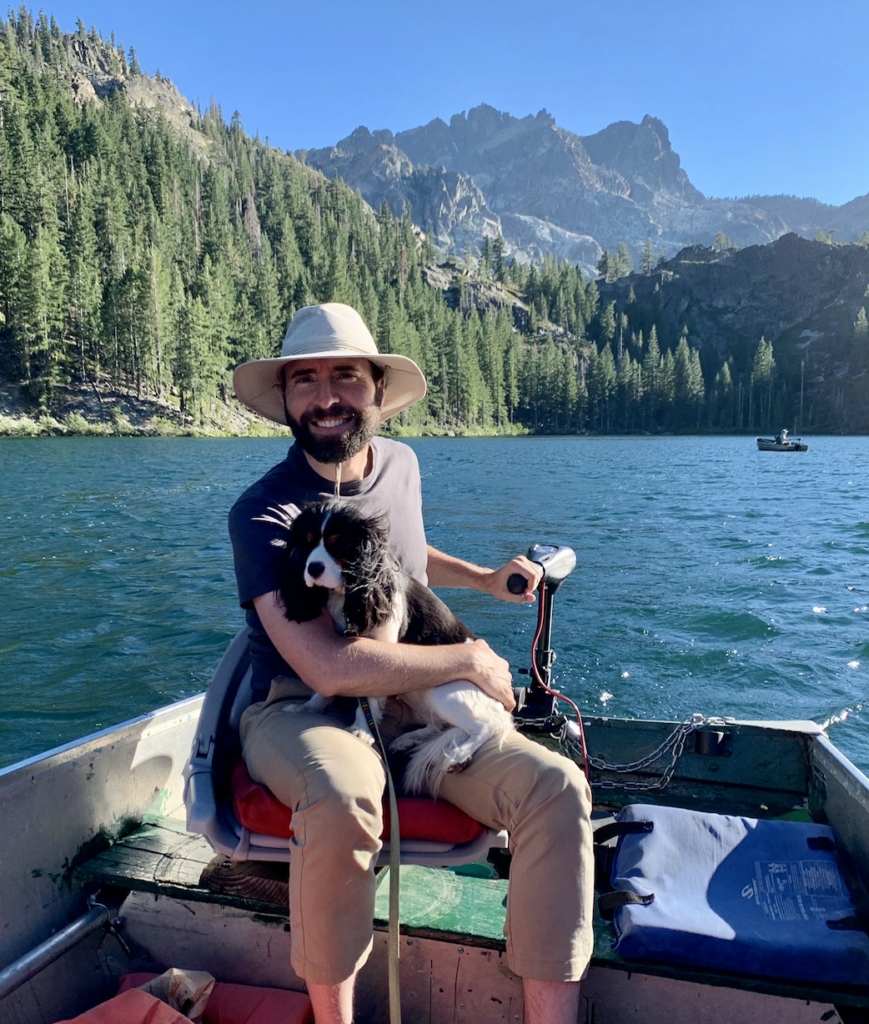
Jason with his dog in Sardine Lake
Google, Microsoft, Amazon and Sales Force have all started offering blockchain integrated solutions to their customers. How big of a role do you think large tech companies will play in the blockchain industry?
These companies are important to our industry because they bring legitimization and scale. I do believe that one day there will be blockchain behemoths, and I certainly think VeChain could be one.
What are the biggest challenges VeChain is facing in the US?
The US market for blockchain is still in its infancy. VeChain offers an amazing product that’s easy to deploy and cost-effective, but many companies in the US are still uncertain about the business value. That will change as more companies experience the success first-hand.
Which projects would you consider to be VeChain’s biggest competitors/alternatives? What makes VeChain different?
Based on feedback from my clients, I would say IBM FoodTrust is the biggest competitor to VeChain ToolChain in the USA. We should be grateful to IBM, because their marketing budget is a rising tide that lifts our ship. IBM is almost single-handedly creating the US market demand for enterprise blockchain in supply chain. I’m grateful for that.
At the same time, our customers tell us that VeChain ToolChain is faster to deploy, easier to understand the business value, and requires less of an upfront investment to get started.
Are there any features that enterprise clients seem to be frequently requesting for ToolChain? (e.g. a specific tool that they need but is currently not available, more integrated data analytics, etc)
VeChain’s Product Roadmap is very robust, and anytime a client asks for a new functionality, I can almost always point to the roadmap and say “it’s coming”. That gives me and the client a lot of confidence in the future.
Supply chain is one of VeChain’s most important applications. How do you see current global political tensions affecting demand for VeChain solutions and VeChain-traced products (if at all)?
As the world becomes a more complex place, the need for trusted platforms and data will only increase.
What trends have you noticed from dealing with clients since you began the role until now? Have you seen the industry shifting or changing in any way?
When I started at VeChain the clients I was speaking to were all hot off the ICO boom and the business models were always “we want to create a new business with a token”, whereas now clients are seeking a mechanism for supply chain visibility and data provenance. It’s a maturation of the marketplace for sure, and a good thing.
What superhero would you like to be? Why?
If I was a superhero, I would definitely want to be Doctor Strange! The guy understands the meaning of life and can bend time and space.
Do you have a favourite quote or meme?
The quote that gets me through crypto-life is this one from Epictetus:
“Some things are in our control and others not. Things in our control are opinion, pursuit, desire, aversion, and, in a word, whatever are our own actions. Things not in our control are body, property, reputation, command, and, in one word, whatever are not our own actions. … if it concerns anything not in our control, be prepared to say that it is nothing to you.”
Favourite basketball player?
I admire Steph Curry immensely, as he’s one of the most talented players, however, if I had to pick one favorite it would be LeBron. Watching him play live is truly indescribable. The guy is so huge and yet he moves like a dragonfly. At the HEAT I had court-side seats, and watching him play close-up unlocked a new understanding of the awesomeness of the game.
Your biggest inspiration?
My partner, Dev.
If you could travel to anywhere in the world, where would you go?
Hawaii. I love it there.
Any guilty pleasures?
French Fries and ice cream, but not at the same time.
How would you like to be remembered?
As someone who made a difference in improving other people’s quality of life.
Anything else you would like to add?
I’d like to say thank you to all the VeChain community members, new and old, who have believed in this project from day one and stayed the course the past three years. You’re an incredible group of people to work for, and you keep me going! Top Three here we gooooo!
Thanks to Jason Rockwood for taking part in this article. We hope you enjoyed it.
If you would like us to profile someone in particular who is helping drive blockchain forward, let us know on Twitter and we’ll do our best to make it happen.

